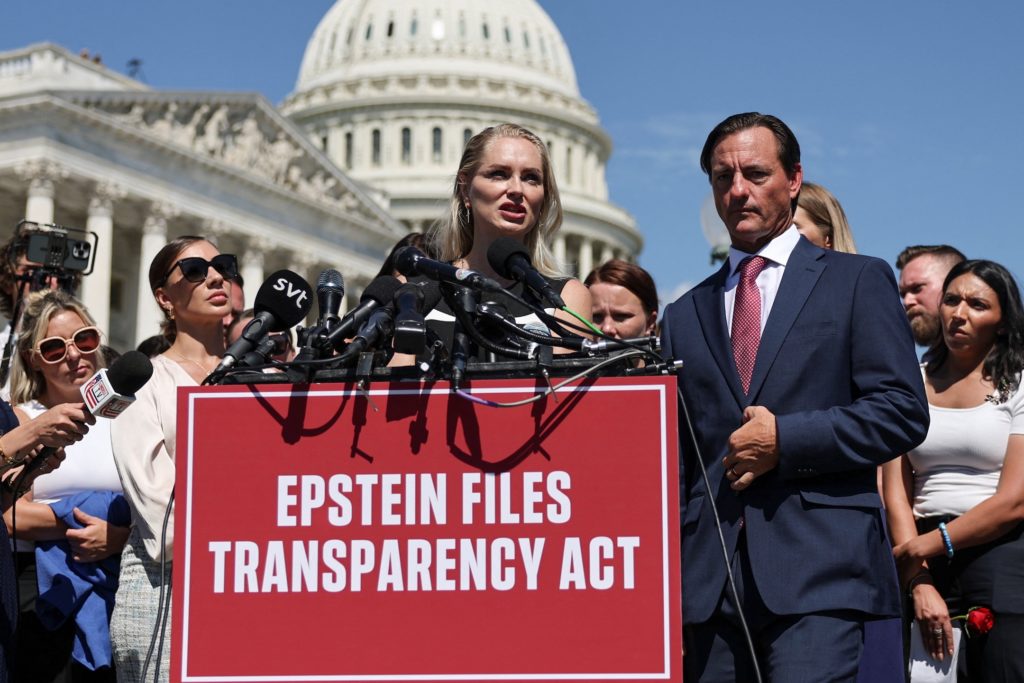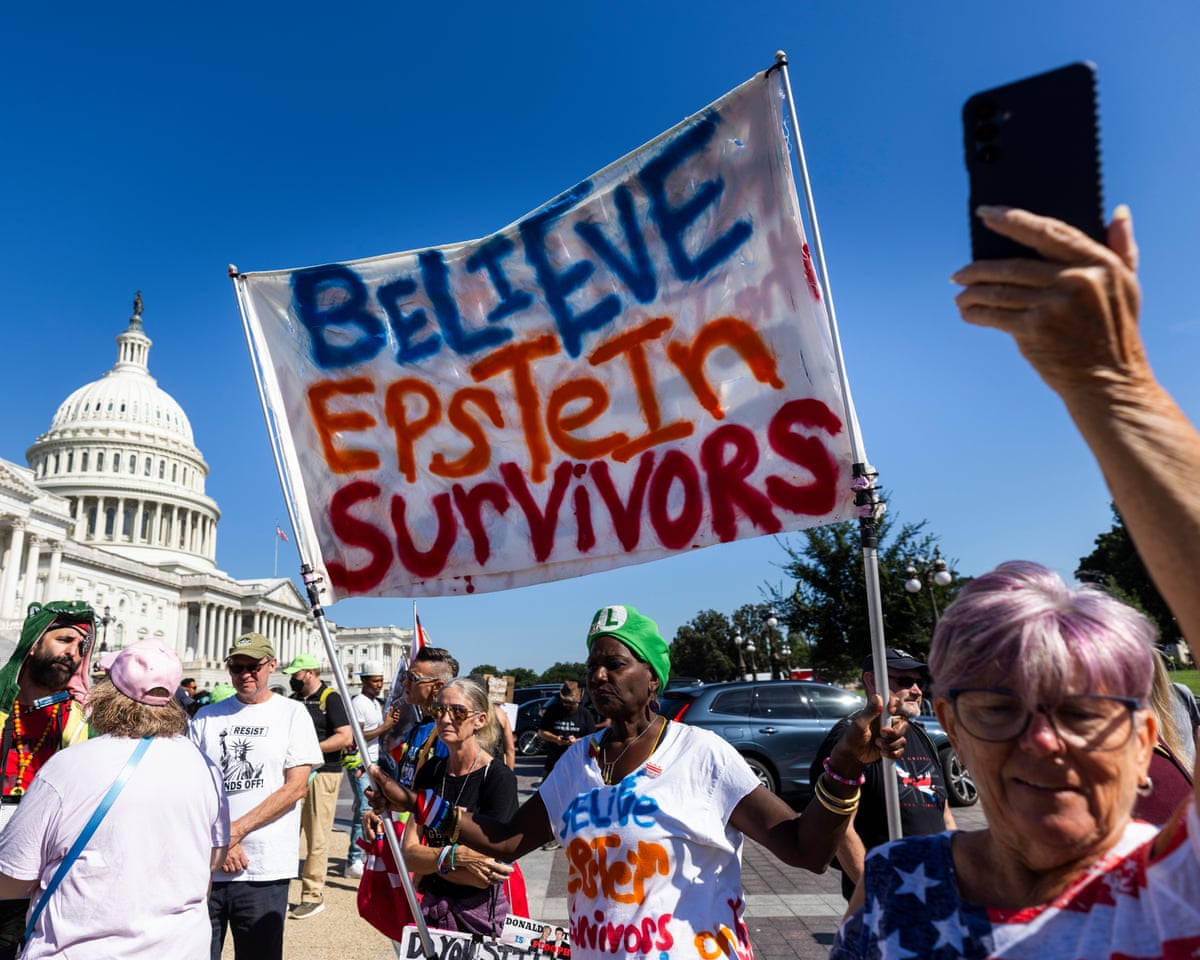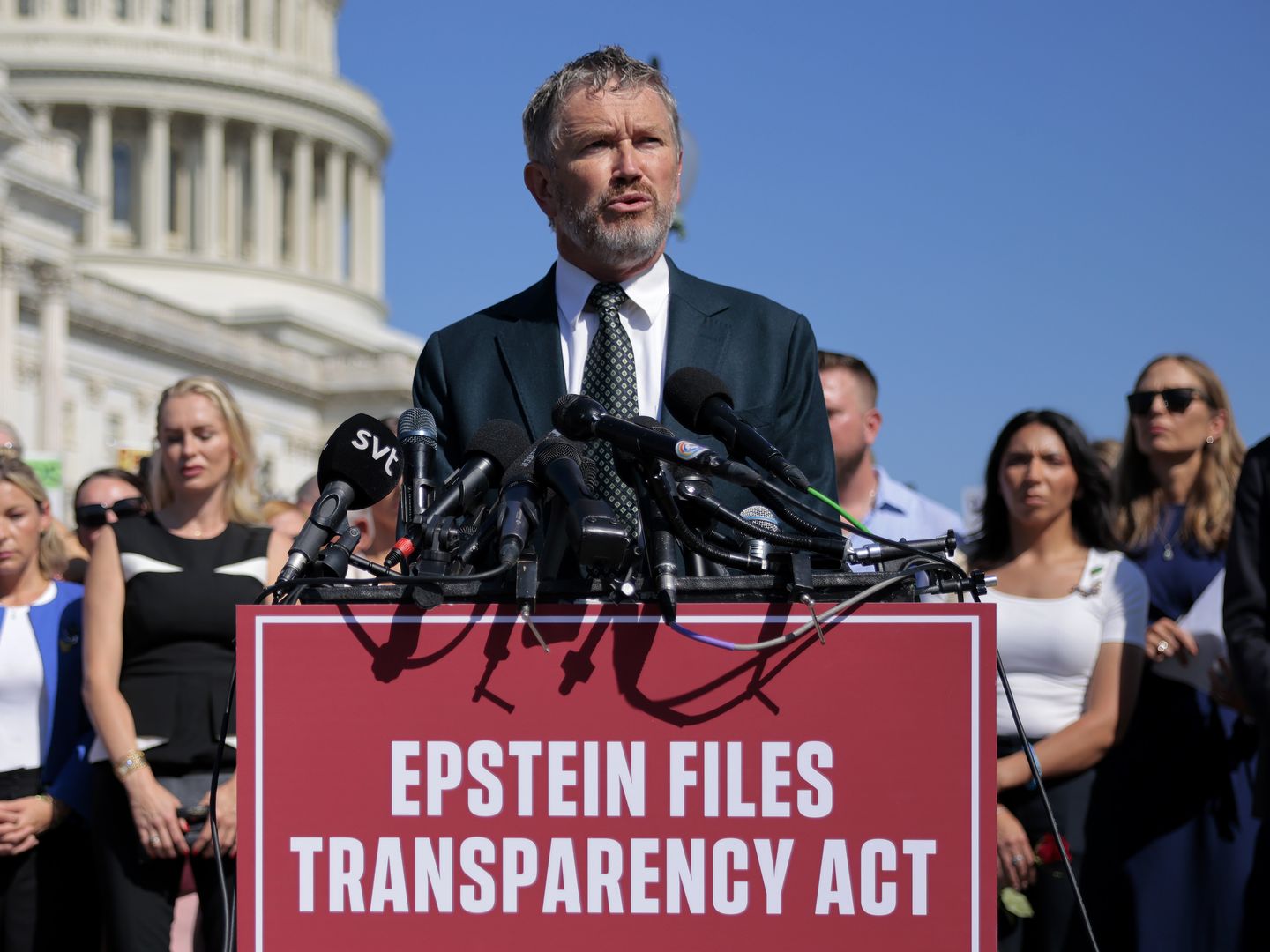Epstein Survivors Continue Calls for Transparency and Justice
The Jeffrey Epstein case remains one of the most notorious scandals of the past decade, with global implications that stretch far beyond one man’s crimes. For survivors, the pursuit of justice is far from over. They continue to demand transparency, accountability, and long-term recognition of the harm done—not only by Epstein himself but also by the systems and individuals that enabled his abuse.

A Legacy of Abuse
Jeffrey Epstein, a financier with deep social and political connections, was arrested in July 2019 on federal charges of sex trafficking involving minors. His arrest reignited scrutiny of past cases, particularly a 2008 plea deal in Florida that many critics described as unusually lenient. Epstein’s death in custody just weeks after his arrest shocked the world, fueling speculation, conspiracy theories, and public outrage.
For survivors, however, his death was not the end of the story. It underscored how much remains unresolved. Many survivors have emphasized that justice must extend beyond Epstein himself, as he did not act alone. Networks of associates, facilitators, and institutions played roles in enabling or turning a blind eye to years of exploitation.

Survivors’ Unified Message
In public statements, interviews, and court appearances, survivors have consistently stressed several core demands:
Transparency
One of the central calls from survivors is for greater transparency. They argue that court documents, testimony, and Epstein’s extensive flight logs should be fully released. Such materials could shed light on individuals who may have participated in, enabled, or ignored the abuse. Survivors believe that secrecy only compounds trauma, while openness could prevent similar failures in the future.
Accountability
Another key demand is accountability for those beyond Epstein. His death, survivors argue, should not shield other powerful figures who may have been complicit. Whether through direct involvement, financial support, or institutional negligence, survivors insist that anyone who played a role must be investigated and, if necessary, prosecuted.
Support and Recognition
For many survivors, the pursuit of justice is not just about exposing names—it is about recognition of the long-term trauma they live with. Survivors continue to advocate for expanded access to mental health care, financial reparations, and formal acknowledgment from governments and institutions that failed to protect them. Healing, they argue, requires more than compensation; it requires systemic change.

Media and Public Attention
The Epstein case has remained a lightning rod for public interest. Media coverage often gravitates toward speculation about high-profile names, from celebrities to political leaders. While this has drawn attention to the case, survivors emphasize that focusing solely on rumor or conspiracy distracts from the larger issue: systemic failures in preventing and prosecuting exploitation.
Instead, survivors urge the public to look at how the justice system handled Epstein across decades. From questionable prosecutorial decisions to lapses in jail oversight, these failures reveal structural weaknesses that made abuse possible. Survivors argue that lessons must be drawn to ensure vulnerable individuals are better protected in the future.

The Ongoing Legal Landscape
As of 2025, litigation and investigations connected to Epstein’s network remain active. Civil lawsuits filed against Epstein’s estate have provided some survivors with financial settlements, though many argue that no amount of money can compensate for lost years and enduring trauma.
Prosecutors in the United States and abroad continue to examine evidence and pursue leads related to Epstein’s associates. Several lawsuits have sought to hold alleged enablers accountable, while investigative journalists continue to uncover new details about the scope of Epstein’s operations.
At the same time, survivors have voiced frustration at the pace of progress. Legal proceedings are often lengthy, and many worry that public interest could fade before full accountability is achieved. Advocacy groups, however, remain determined to keep the issue visible and press institutions to deliver meaningful outcomes.

Broader Implications for Justice
The Epstein case is not only about individual crimes but also about systemic negligence. Survivors argue that without addressing the broader context, history risks repeating itself.
-
Law enforcement oversight: Critics have pointed to lapses in monitoring Epstein’s activities, including failures to investigate reports early on. Survivors stress the need for stronger mechanisms to ensure that complaints involving powerful figures are taken seriously.
-
Legal protections: Advocates argue for stronger legal safeguards for minors and survivors of trafficking, particularly reforms that prevent plea deals that minimize accountability for wealthy defendants.
-
Institutional responsibility: Schools, nonprofits, and other organizations tied to Epstein through donations or partnerships have faced questions about due diligence. Survivors emphasize the importance of institutions taking proactive responsibility to prevent exploitation.
The Human Cost
While legal battles and political debates continue, survivors remind the public that at the center of this case are people whose lives were irreparably changed. Many were exploited at a young age, robbed of a sense of safety, and left to navigate years of trauma. Speaking out has required immense courage, and survivors often face public scrutiny in addition to reliving painful memories.
Despite this, their collective voices have become a powerful force for change. By sharing their stories and demanding justice, they have reframed the narrative away from speculation and toward systemic reform.
Conclusion
The voices of Epstein’s survivors highlight a clear and consistent demand: justice that extends beyond one man. Their call is not about fueling rumor or partisanship but about confronting crimes of this magnitude openly and ensuring accountability at every level.
As of 2025, the Epstein case remains a stark reminder of how wealth, influence, and institutional failures can shield abusers from justice. Survivors are determined not to let this story fade into history without meaningful change.
Their persistence is a testament to resilience—but also a warning. Unless transparency and accountability are pursued relentlessly, similar abuses could remain hidden in plain sight. For survivors, true justice means that the world finally learns from the failures that allowed Jeffrey Epstein to operate for so long—and ensures that no one is ever above the law.




